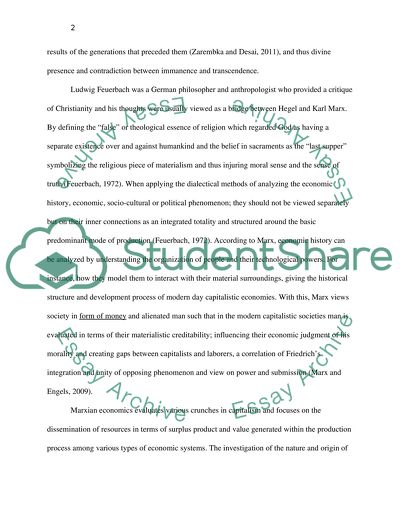Cite this document
(“The influence of German Philosophy and English Political Economy in Essay”, n.d.)
Retrieved from https://studentshare.org/history/1497388-the-influence-of-german-philosophy-and-english
Retrieved from https://studentshare.org/history/1497388-the-influence-of-german-philosophy-and-english
(The Influence of German Philosophy and English Political Economy in Essay)
https://studentshare.org/history/1497388-the-influence-of-german-philosophy-and-english.
https://studentshare.org/history/1497388-the-influence-of-german-philosophy-and-english.
“The Influence of German Philosophy and English Political Economy in Essay”, n.d. https://studentshare.org/history/1497388-the-influence-of-german-philosophy-and-english.


